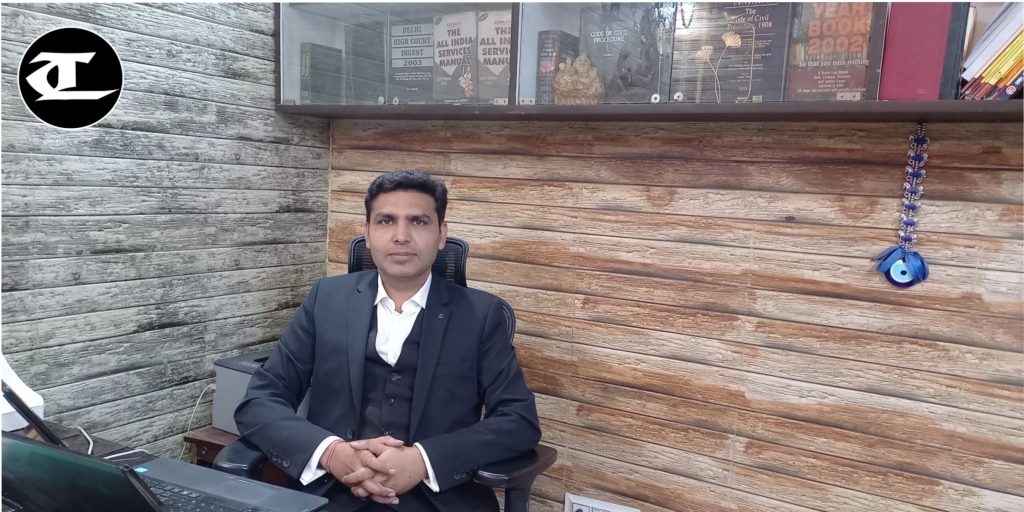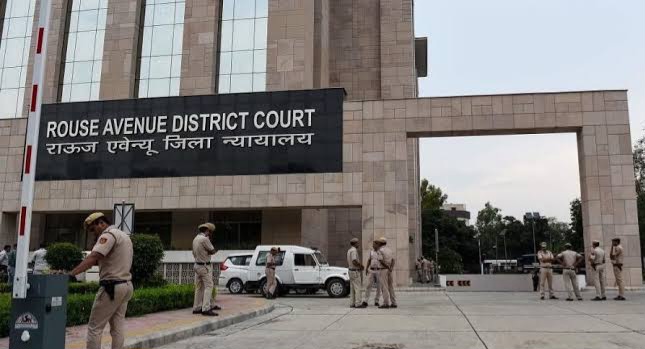The Domestic Violence Act, 2005, commonly known as the DV Act, has been a cornerstone in addressing issues of domestic abuse and safeguarding the rights of individuals in intimate relationships.
Advocate Rupin Singh Dhama, a seasoned legal expert, provides deep insights into the nuances of cases under this legislation.
According to Rupin Singh Dhama, the DV Act is a progressive law designed to protect women from domestic violence and offer them a comprehensive mechanism for relief.
It addresses various forms of abuse, including physical, emotional, verbal, economic, and sexual abuse. Dhama emphasizes the importance of understanding the law’s intent, which is to provide a protective shield for women in vulnerable situations while balancing the interests of all parties involved.
Handling DV Act cases requires a keen understanding of human emotions and legal intricacies.
Dhama highlights that these cases often involve high emotional stakes, where the parties are usually in strained relationships. Advocates must approach such cases with empathy, yet remain objective to ensure justice is served. For Dhama, every case is unique and demands a tailored approach that considers the specific circumstances and evidence.
One of the critical challenges in DV Act cases is the misuse of the law. Dhama acknowledges that while the Act has empowered countless women, there have been instances where false allegations have been made, leading to undue hardship for the accused.

He advocates for a fair and thorough investigation in every case to ensure that the law serves its purpose without being weaponized. The courts, he notes, are increasingly vigilant in distinguishing genuine cases from fabricated ones, which helps maintain the Act’s credibility.
Dhama also sheds light on the reliefs available under the Act, such as protection orders, residence rights, and monetary relief. He stresses the importance of timely and appropriate legal action to secure these rights. Delays, whether from lack of awareness or procedural hurdles, can adversely impact the victim’s well-being and safety.
Speaking about his experiences, Dhama shares that a significant part of his work involves counseling his clients. Many victims are hesitant to approach the legal system due to societal pressure, stigma, or lack of confidence. As an advocate, Dhama believes in empowering his clients by educating them about their rights and options, enabling them to make informed decisions.
In recent years, the courts have played a proactive role in interpreting the provisions of the DV Act to broaden its scope. Dhama cites landmark judgments that have clarified ambiguities in the law, ensuring that it remains relevant and effective.
He believes that judicial activism has significantly contributed to the Act’s evolution and its ability to address the complexities of modern relationships.
Rupin Singh Dhama underscores the importance of continuous legal reforms and public awareness to address domestic violence effectively.
He calls for a collaborative approach involving legal professionals, social workers, and policymakers to create a society where everyone feels safe and protected within their homes. For Dhama, the DV Act is not just a legal tool but a means to foster justice and equality in society.




















